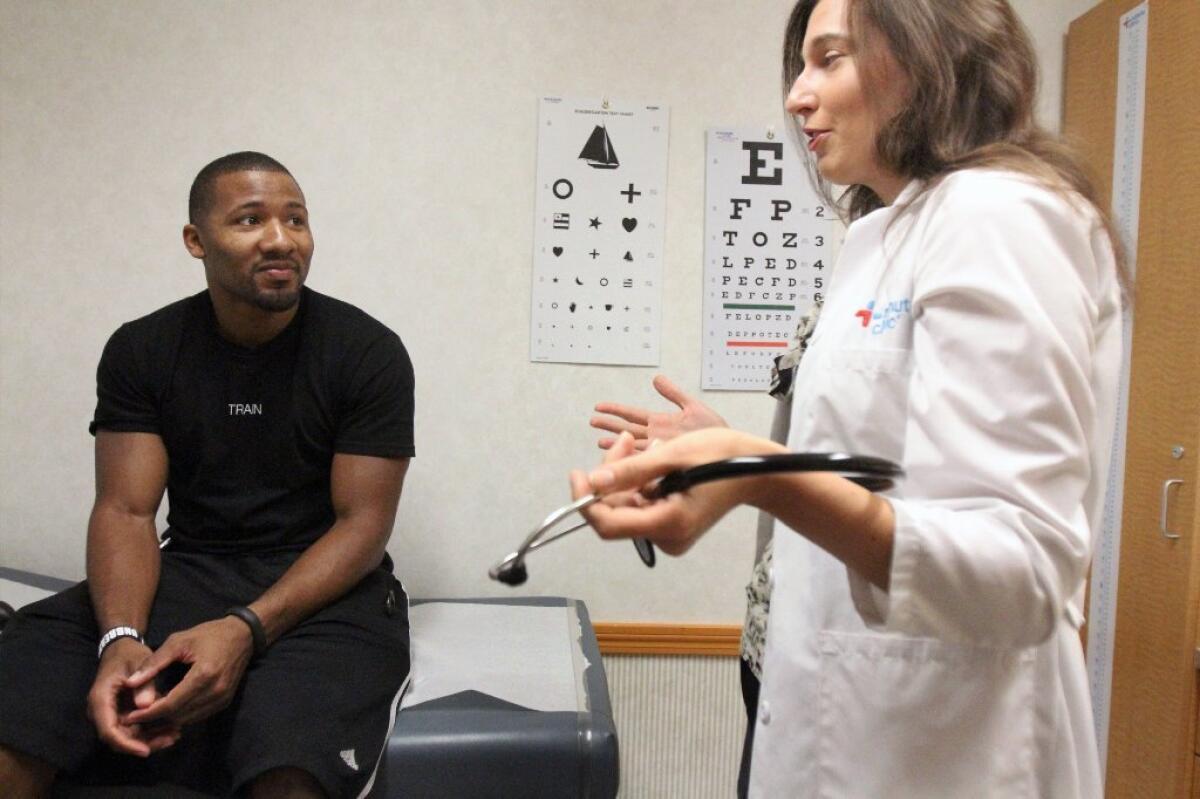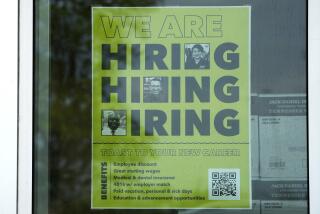Large employers see health costs rising 5% next year

Large employers expect their healthcare costs to jump 5% next year, and nearly a third of businesses will offer only higher-deductible plans to workers, a new survey shows.
The annual report released Wednesday by the National Business Group on Health provides a good barometer of what employees at big companies can expect when health plan enrollment opens this fall.
Overall, large employers estimate their health-benefit costs will rise by an average of 6.5% in 2015.
But they anticipate holding increases to 5% after making changes to their coverage, such as shifting more medical costs to workers and expanding the use of high-deductible policies. Employers reported a similar 5% increase for 2014.
Asked what’s driving up medical spending, employers cited high-cost patients, specific diseases and an uptick in spending for specialty drugs. Only 7% said the cost of complying with the federal Affordable Care Act was a leading factor.
“Rising healthcare costs remain a significant issue that needs to be constantly addressed,” said Brian Marcotte, chief executive of the National Business Group on Health.
The nonprofit group represents nearly 400 large U.S. employers that provide health coverage to more than 50 million workers, retirees and dependents.
Thirty-two percent of employers surveyed said they plan to offer a high-deductible health plan as their only benefit option next year, up from 22% this year.
These plans, also known as consumer-directed health plans or CDHP, often feature a health savings account.
The median deductible for those consumer-directed health plans is expected to be $3,000 for family coverage. That compares to an annual deductible of $1,168 for a family with a conventional PPO, or preferred-provider-organization, plan.
On average, employees will be responsible for 20% of the total health premium in 2015 and slightly more, 23%, for family coverage.
Adding a spouse can often mean paying more. Twenty-nine percent impose a premium surcharge if a spouse can get coverage through their own employer.
Narrow networks of doctors and hospitals have been a common feature of Obamacare policies sold to individuals in government-run exchanges this year.
They are far less prevalent in the workplace. Among employers surveyed, 26% said they offer a narrow network in some of their health plans.
Coverage also appears to be expanding for various weight-loss treatments. The survey found 73% of employers will cover surgery to treat severe obesity, and 41% will pay for federally approved medications.
Even with a recent slowdown in U.S. health spending, rising premiums continue to outpace inflation and wage growth for many workers.
For 2013, the average annual cost of a family health plan was $16,351, according to the Kaiser Family Foundation. The typical employee’s share of that premium was $4,565.
Twitter: @chadterhune
More to Read
Inside the business of entertainment
The Wide Shot brings you news, analysis and insights on everything from streaming wars to production — and what it all means for the future.
You may occasionally receive promotional content from the Los Angeles Times.











